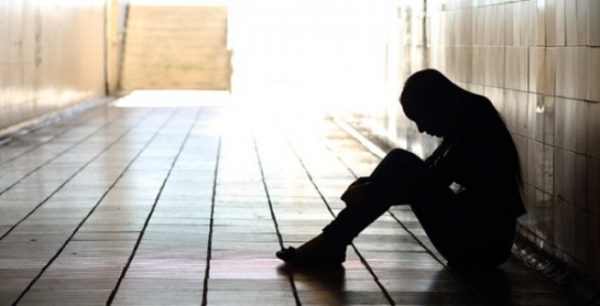
Social media—from Facebook to Twitter—have made us more densely networked than ever. Yet for all this connectivity, a growing body of research suggests that we have never been lonelier —and that this loneliness is making us mentally and physically ill. Now, a new study indicates that the health effects of loneliness and social isolation may be even deadlier than obesity.
“The public is very aware of common physical health indicators and risk factors,” said Dr. Tim Smith, professor of counseling psychology and one of the study’s authors. “Everyone understands that diet, exercise, smoking, alcohol use and obesity pose risks. Well, it turns out social isolation is just as predictive of death.”
In earlier research, Dr. Smith and the study’s lead author, Dr. Julianne Holt-Lunstad, associate professor of psychology, found that loneliness poses a substantial risk of death — similar to smoking 15 cigarettes a day or being alcoholic. The new study says the risk surpasses that posed by obesity and the researchers note that a lot of people are endangered.
“Not only are we at the highest recorded rate of living alone across the entire century, but we’re at the highest recorded rates ever on the planet,” said Dr. Smith. “With loneliness on the rise, we are predicting a possible loneliness epidemic in the future.”
For the study, the researchers analyzed data from a variety of past health studies. Altogether, the sample included more than 3 million participants from studies that included data on loneliness, social isolation, and living alone.
Controlling for variables such as socioeconomic status, age, gender, and pre-existing health conditions, the researchers found that the effects of these social factors can go both ways: a lack of social connections presents an added risk, while the existence of supportive relationships provides a positive health effect. The new findings are published in Perspectives on Psychological Science.
“The effect of this is comparable to obesity, something that public health takes very seriously,” said Dr. Holt-Lunstad. “We need to start taking our social relationships more seriously.”
It’s important to note that loneliness and social isolation don’t always go hand in hand. Feelings of loneliness can still occur while being surrounded by many people, and some people choose to isolate themselves socially because they prefer to be alone. The effect on longevity, however, is much the same for those two scenarios.
And in the new study, it wasn’t just older adults whose longevity suffered. Rather, the authors found that social deficits were more predictive of premature death for people younger than 65.
Scientists have proposed several explanations for the health risks linked to isolation. First, being isolated may mean that no one else is aware of the first signs of illness, or worsening symptoms of a disease, which can delay medical attention and lead to earlier death.
Social isolation also impairs immune function and boosts inflammation, which can lead to arthritis, type II diabetes, and heart disease. Additionally, social contact can have profound physiological effects. Simply holding a loved one’s hand lowers blood pressure and reduces pain, for example. Studies also show that lack of affectionate physical contact is associated with higher levels of stress hormones and inflammation.
